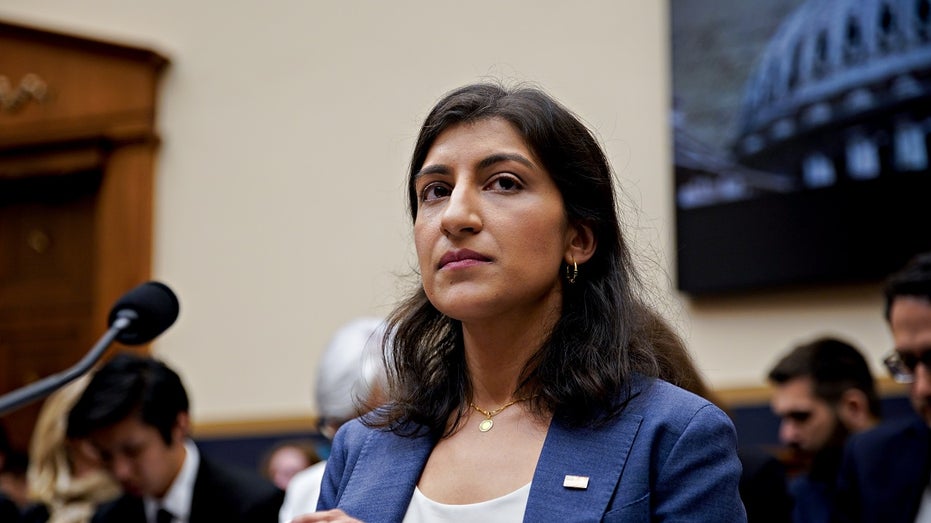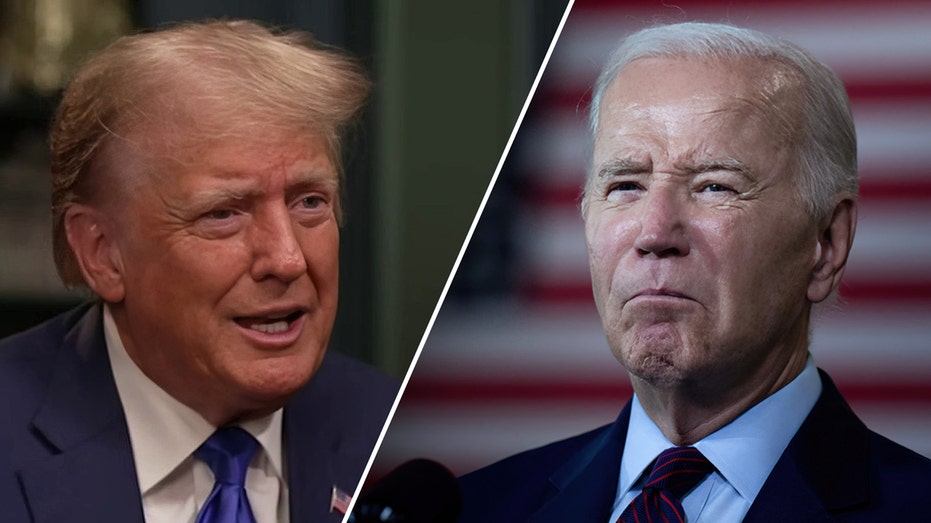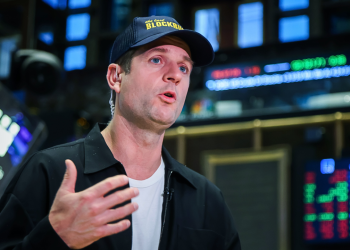Capital One is plowing forward with plans to purchase Discover Financial, but the proposed acquisition is expected to face major pushback from regulators – and whether it actually goes through could depend on who wins the presidential election.
Before the ink had time to dry on the press release announcing the merger of two of America’s largest credit card companies, some lawmakers and consumer groups called for regulators to quash it over antitrust concerns.
| Ticker | Security | Last | Change | Change % |
|---|---|---|---|---|
| COF | CAPITAL ONE FINANCIAL CORP. | 135.22 | +0.73 | +0.54% |
| DFS | DISCOVER FINANCIAL SERVICES | 120.06 | -0.65 | -0.54% |
Progressive Sen. Elizabeth Warren, D-Mass., who counts the Consumer Financial Protection Bureau as her brainchild, predictably denounced the proposal, asking regulators to “block it immediately.”
Days later, from the other end of the political spectrum, Sen. Josh Hawley, R-Mo., followed suit, demanding the Department of Justice work to shut down the deal, arguing in a letter to Assistant Attorney General Jonathan Kanter that “If consummated, this merger will create a new juggernaut in the credit card market, with unprecedented powers to extort American consumers.”
HOW CAPITAL ONE’S ACQUISITION OF DISCOVER COULD IMPACT CONSUMERS
The Biden administration is likely to oblige these requests. The Federal Trade Commission under Biden filed a record number of merger challenges in both 2022 and 2023, according to data obtained by Bloomberg in December.

Yet, the FTC’s success has been mixed. The FTC failed in its attempt to stop Microsoft’s purchase of Activision Blizzard, for instance, but was able to shut down JetBlue’s proposed purchase of Spirit Airlines.
According to a Reuters report from earlier this week, investors are giving the Capital One – Discover deal a 50/50 shot of going through, and it comes down to whether Capital One can convince regulators that the merger will benefit consumers.
BIDEN TOUTS ECONOMIC SUCCESS, BUT POLL SHOWS AMERICANS DON’T AGREE
However, there is another factor at play. The deal is not expected to be completed until the end of 2024 or early 2025 – after the presidential election. So, if President Biden does not win re-election in November and loses to former President Trump, the presumptive Republican nominee, experts say it could raise the likelihood of the deal going through.

Sanjib Kalita, the head of industry for Fintech Meetup, told FOX Business the Biden administration is more likely to view this deal as potentially limiting competition than the Trump administration would, but he does not expect the Biden administration to fully block the deal.
WALL STREET PREP SHOWS INVESTORS PREPARING FOR RED WAVE ON ELECTION DAY
Kalita said he would be more likely to expect the Biden administration to add provisions, limitations or requirements for the deal to go through, such as requiring certain business units to be spun off or sold, or perhaps greater regulatory oversight in certain areas.
“There will be larger banks than the combined entity [of Capital One and Discover], so I don’t think it’s a question of size as long as they make the case that it doesn’t reduce competition or impact consumers negatively,” he explained.
Capital One Financial Corp.
Regulators typically balance the desire for safety and soundness in the economy with being able to support innovation and growth, Kalita said, noting that politicians from both sides can try to make a case that either of these will be negatively impacted by the merger.
He said that in this case, if there are arguments from both the right and left, regulators could think that they are navigating down the middle-of-the-road.
Kalita personally believes Capital One purchasing Discover could benefit consumers.
“Capital One could develop merchant-specific value propositions or make the user experiences smoother for consumers,’ he told FOX Business. “Expanding the data available in the combined company could help drive lower interest rates for consumers, which for both COF and DFS, are more likely to be middle America.”
Read the full article here








